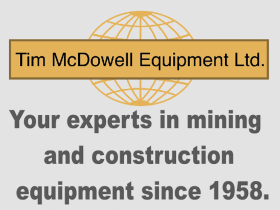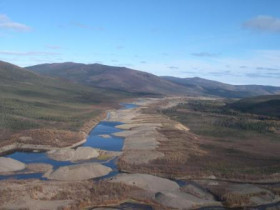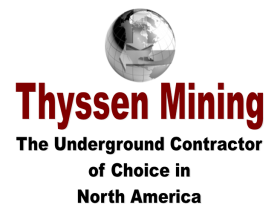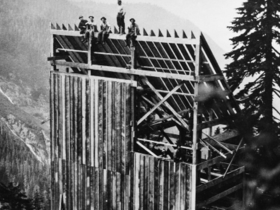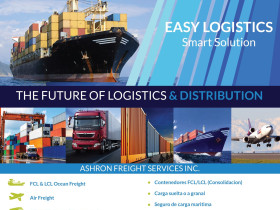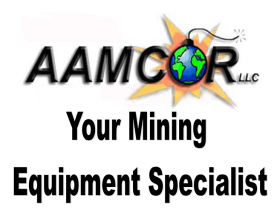Jonathan Faiman remembers vividly the “totally random” chance that introduced him to Neos GeoSolutions and led him to a career in the oil business. “I just happened to be with a friend who works in an oil company, who was going to see Neos. He was going to listen to them about their products. And after they’d finished their pitch, I just kept asking them questions.”
That was in the summer of 2014, and as the questions continued, Mr Faiman decided there was something he could do with the business. By May of last year, the British entrepreneur had bought about half the company for $150m and become its chairman.
As one of the , the UK online grocery retailer and, before that, head of emerging market bond trading at Goldman Sachs, Mr Faiman, 47, makes an unlikely oilman. But the leap from online retailing to oil exploration is not as great as it might seem. Neos does not — yet — produce oil, but collects and analyses geological data for resource-holding countries and companies, to help them decide where they should drill and what they can expect to find when they do.
The oil industry uses some of the world’s most advanced technology to investigate what lies beneath the earth’s surface. The three most powerful supercomputers in private commercial hands belong to Total of France and Eni of Italy — two of the largest European oil producers — and to Petroleum Geo-Services, a Norwegian company that maps rock formations beneath the seabed. Neos is trying to compete in that field, but for onshore resources, at a sharply reduced cost.
The company has had a chequered history, including two name changes, since being founded as in the early 2000s with backing from Kleiner Perkins and Goldman. But its purpose has remained the same: using advanced data analytics to produce cheaper and more accurate geological models. As the company puts it, it is “where Silicon Valley meets the oil patch”.
Speaking in his home overlooking New York’s Central Park, Mr Faiman says he saw oil as an industry ripe for disruption. “At the time the company was finding it difficult to get the technology adopted, and it was literally like listening to someone describing the grocery industry,” he says.
“You’ve got these huge companies. Like supermarkets, oil companies have very big balance sheets, which is how they compete. They have huge investments in asset bases, which if the world changes they can’t change very quickly.”
In that sense, a deepwater oilfield off the west coast of Africa is like a big-box, out-of-town store. Companies with high-cost oil reserves are threatened by competition from lower-cost producers, just as bricks-and-mortar stores have been squeezed by online retailing.
“You’ve spent your money, you’ve made your decision, you’re now committed to [the asset base]; you’re wedded to it. And so what you do is you spend all your time hoping that nothing changes,” Mr Faiman says.
“And the reality of the world is that everything changes.”
In the oil business, the assets with the highest production costs are typically offshore fields discovered as the industry has pushed into ever-deeper waters. Mr Faiman argues that the cost-effective oil and gas production of the future will be largely onshore, as the US shale boom has been.
The best onshore fields, such as those in the Middle East, produce the world’s lowest-cost oil, and even the more challenging US than complex offshore projects in deep water.
Increasing the world’s onshore oil and gas production will mean finding new reserves. But Mr Faiman says Neos can explore for resources much more quickly and cheaply than the industry standard, and that its capabilities are constantly improving.
Apart from the potential for disrupting a well-established industry, he says, the other great attraction of Neos was that “technology changes, and it changes quite fast. And what I was looking at with Neos was data-processing technology”.
The usual source for understanding the subsurface is seismic surveying: shooting sound waves into the ground and using receivers to catch the echoes, which can be used to build a picture of rock formations. Neos’s technique is to use other data, including satellite imagery, electromagnetic surveying and gravity measurements, and analyse them to model rock formations without the need for a full seismic survey.
However good Neos’s technology may be, though, finding a business model to make it commercially successful has not been easy. “Here was a business that had half a billion dollars spent on it,” he says. Despite an “amazing series of discoveries”, there was “no real way of making money from it, because they hadn’t thought about how to address what they had”. Neos has not disclosed if it is profitable.
One answer is to sell Neos’s services to countries that need to understand their resources better. It is working in Kazakhstan on the , the plan to develop new oil and gas resources in and around the north Caspian Sea, and talking to Saudi Arabia about exploring for metal ore deposits rather than oil.
Neos is already profitable, but Mr Faiman has decided that Neos needs to get into production itself. The precedents are not auspicious. The history of oil service companies that decided they wanted production of their own is littered with failures.
With $150m of his own money at stake, though, Mr Faiman certainly has an incentive to make it a success. He also insists he is in Neos for the long term.
When he left Ocado in 2009, the year he turned 40, he could have retired. But after breaking his leg in 2012, and spending six months in and out of hospital, he came to a realisation.
“I was at a loss when I left Ocado. I’d like to say it was all easy and it was a comfortable thing to do, but actually it wasn’t. I thought that doing nothing seemed like a nice thing to do, but it wasn’t.”
|
Richard Herbert, who was until recently the chief operating officer of exploration at BP, says Jonathan Faiman has at Neos what looks like “a very attractive integrated package of technologies” for collecting and analysing geological data. But Mr Faiman’s ambition of shifting Neos to become an oil producer in its own right will demand additional capital and capabilities. “That’s a very different proposition,” he says. “But Jonathan broke a lot of paradigms with Ocado. And he obviously likes a challenge.” |



